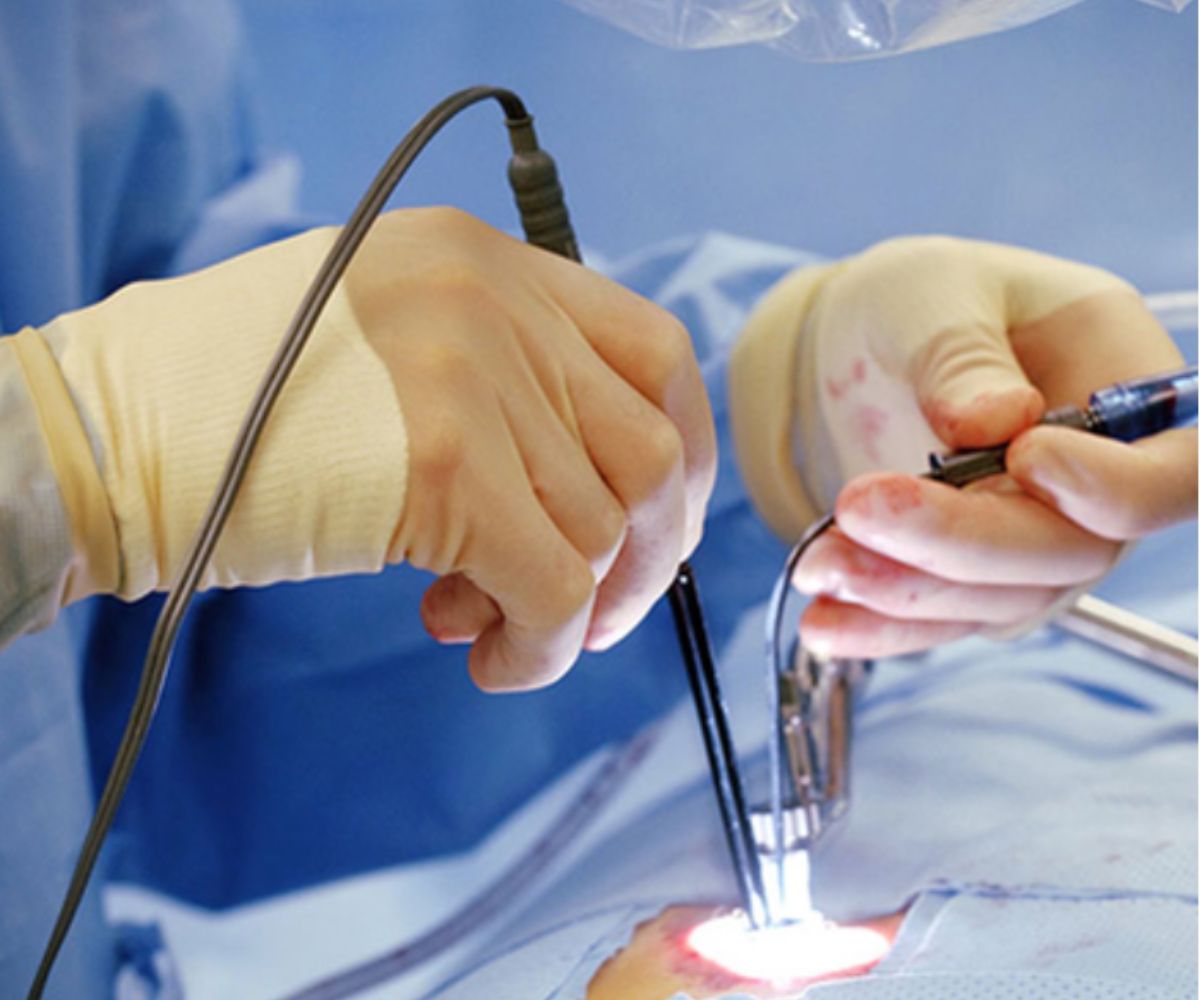Diseases
Anal Fissure
Expertise Areas
An anal fissure is a small tear in the thin, moist tissue that lines the anus. The anus is the muscular opening at the end of the digestive tract where stool exits the body.
Symptoms of an anal fissure include:
- Pain during bowel movements.
- Pain after bowel movements that can last up to several hours.
- Bright red blood on the stool or toilet paper after a bowel movement.
- A visible crack in the skin around the anus.
- A small lump or skin tag on the skin near the anal fissure.
Common causes of anal fissures include:
- Passing large or hard stools.
- Constipation and straining during bowel movements.
- Long-lasting diarrhea.
- Anal intercourse.
- Childbirth

NONSURGICAL TREATMENT

Treatment includes:
- A high-fiber diet and over-the-counter fiber supplements (25-35 grams of fiber/day) to make stools soft, formed, and bulky.
- Over-the-counter stool softeners to make stools easier to pass.
- Drinking more water to help prevent hard stools and aid in healing.
- Warm tub baths (sitz baths) for 10 to 20 minutes, a few times per day (especially after bowel movements to soothe the area and help relax anal sphincter muscles). This is thought to help the healing process.
- Medications, such as lidocaine, that can be applied to the skin around the anus for pain relief.
- Medications such as diltiazam, nifedipine, or nitroglycerin ointment to relax the anal sphincter muscles which helps the healing process.
Fissure surgery is the answer for those who are suffering from chronic fissures. Mostly, anal fissures cure on their own and do not require surgery but in some cases, surgery is the only answer for complete relief. After the surgery, your sphincter muscle relaxes which promotes fissure healing and reduces pain and spasms.
Appointment
Want to make booking or have a question?
Call us on 070027 11528 or simply book an appointment
Have a Look at Our
What is fissure surgery?
There are different surgeries to treat fistula. One is lateral internal sphincterotomy (LIS) and the other is the laser sphincterotomy.
Lateral Internal Sphincterotomy
The doctor cuts a small portion of the anal sphincter muscle which results in reduced spasm and pain by releasing the tension. This is done in many anal fissure cases as it leads to reduced pain and spasm.
Laser Sphincterotomy
It is a commonly preferred procedure and minimally invasive treatment for severe anal spasm in cases of anal fissures.
POST-TREATMENT PROGNOSIS
Most patients can return to work and go back to daily activities a few days after surgery. Complete healing after both medical and surgical treatments can take 6 to 10 weeks. Even when the pain and bleeding lessen, it is important to maintain good bowel habits and eat a high-fiber diet. Continued hard or loose bowel movements, scarring, or spasm of the internal anal muscle can delay healing.
What Are You Waiting For...
Make an appointment
Don’t hesitate to address your rectal concerns. Schedule a consultation with Dr. Kaushik Vora today.
Our location
Apollo Clinic, Kanchan Road, GS Rd, opp. Bora service, Guwahati, Assam 781007
Contact
Phone: 070027 11528
Email: contact@theproctocare.com
Opening Hours
Monday to Saturday: 9am to 10:30am and 5:30pm to 7pm
Sunday: Closed
